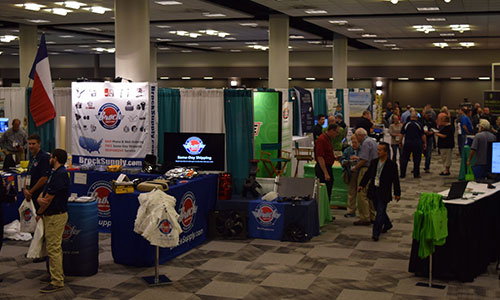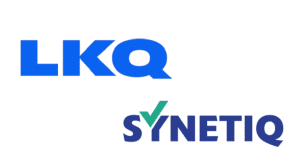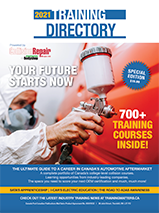Dallas, Texas — November 4, 2017 — This year’s annual convention and trade-show attracted over 900 delegates, 96 exhibiting companies, 31 presentations and 16 countries represented.
Among the many highlights of the show, David Gold, from Standard Auto Wreckers in Toronto, was installed as ARA President in the gavel passing ceremony during the awards banquet. David is the fourth Canadian to hold this post. To read more on M. Gold’s new position, please click here.
Dalbert Livingstone, from Island Auto Supply in Charlottetown, PEI, attended his first Convention as an ARA Board Member and as the Regional Director for Canada.
Ed MacDonald, from Maritime Auto Parts in Truro, chaired the ARA Scholarship Committee and raised over $30,000 for ARA employee scholarships.
Steve Fletcher, from ARC, chaired his last Affiliate Chapter Committee meeting and was recognized at the awards ceremony for five years of service in that capacity. The Committee had a record number of state, provincial and national associations participate in the meeting with 24 different associations present.
The convention also hosted its first International Delegates Reception, which brought various countries together for networking.
Another noteworthy event within the convention was the Recyclers Roundtable and Open Mic session, which allowed recyclers to speak about issues and common challenges. Here are some of the key topics discussed at the Roundtable, with all of the subjects having their plenary sessions at some point in the Convention:
- Access to OEM data to better understand our inventory opportunities and sell more parts from every car. Our interchange-based data system tells us what part assemblies fit what vehicles. The rest of the industry (insurers, repairers) use OEM part numbers. Our industry is moving away from interchange on 160 assemblies towards OEM part numbers.
- Access to OEM data to assist the manufacturers in their ever-growing recall problems.
- OEM repair procedures specifically banning the use of all salvage or recycled parts.
- Implications of recalls on auto recycling.
- Complexity of vehicles and their reparability – more computerization equals more complex materials.
Please make sure to take a look at our photo gallery below!


































































